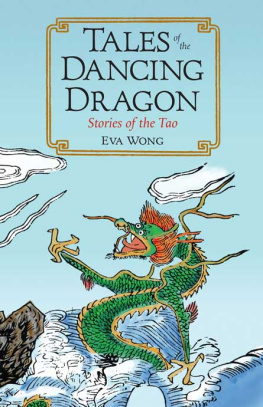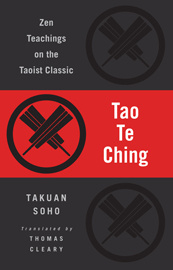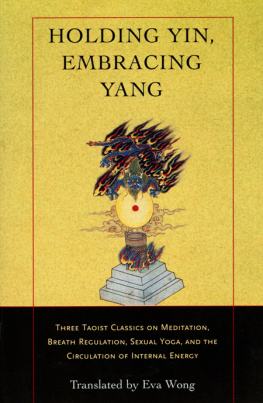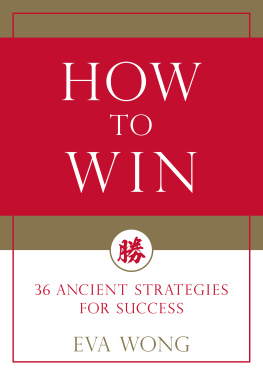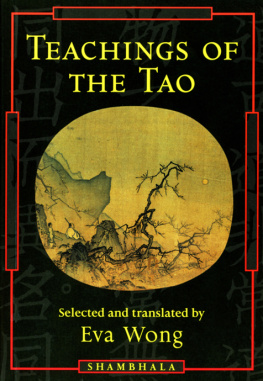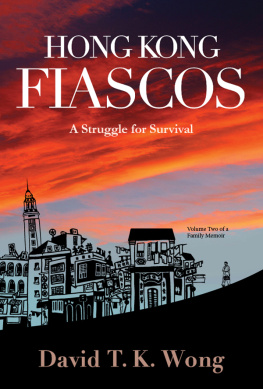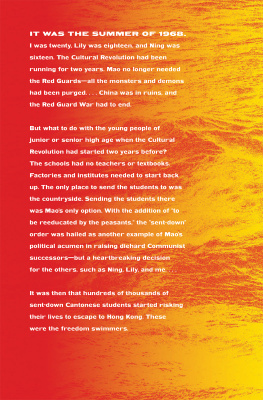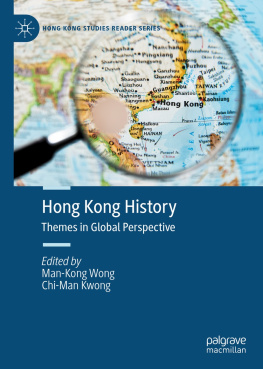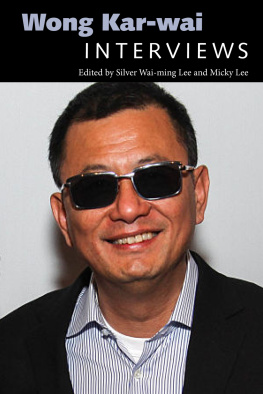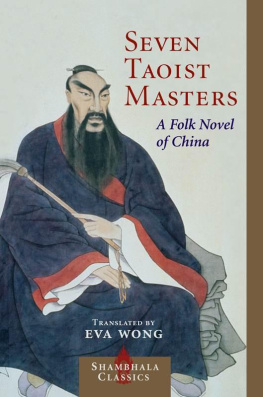Well written.
Library Journal
ABOUT THE BOOK
Here, Taoist practitioner Eva Wong offers a colorful treatment of the history and evolution of Taoism, told through traditional teaching tales. These tales, which Wong first heard as a child growing up in Hong Kong, are gleaned from the local storytellers and the uncensored chronicles known as yeshithe wild history of China, not monitored by the official imperial scholars and historians. The stories are by turns mysterious and intriguing, passionate and violent, and they are peppered with colorful characters, including hermits, politicians, social activists, revolutionaries, scholars, scientists, and mystics.
Arranged chronologically from prehistory through the early twentieth century, these stories introduce the schools in the Taoist lineages, and capture the defeats and victories of Taoism, its periods of decadence and decay, and its renewal, maturation, and spiritual triumph. Wong puts these stories into context, and shows that Taoism is a dynamic spiritual tradition, constantly changingand being influenced byhistory.
EVA WONG is an independent scholar and a practitioner of the Taoist arts of the Pre-Celestial Way and Complete Reality lineages. She has written and translated many books on Taoism and related topics, including A Master Course in Feng-Shui; Tales of the Taoist Immortals; and Taoism: An Essential Guide.
Sign up to receive news and special offers from Shambhala Publications.

Or visit us online to sign up at shambhala.com/eshambhala .
Tales of theDancing Dragon
Stories of the Tao
Eva Wong

SHAMBHALA
Boston & London
2015
Shambhala Publications, Inc.
Horticultural Hall
300 Massachusetts Avenue
Boston, Massachusetts 02115
www.shambhala.com
2007 by Eva Wong
All rights reserved. No part of this book may be reproduced in any form or by any means, electronic or mechanical, including photocopying, recording, or by any information storage and retrieval system, without permission in writing from the publisher.
Library of Congress Cataloging-in-Publication Data Wong, Eva, 1951
Tales of the dancing dragon: stories of the Tao/Eva Wong.
1st Shambhala ed.
p. cm.
eISBN 978-0-8348-2675-5
ISBN 978-1-59030-523-2 (pbk.: alk. paper)
1. TaoismChinaHistory. I. Title. II. Title: Stories of the Tao.
BL1910.W67 2007
299.51409dc22
2007015601
Contents
Between the black and white of fact and fiction is the vast and colorful realm of legends, sagas, and heroic epicsa region so rich that neither historical fact nor fantasized fiction can capture or reveal it. Growing up in a culture that has a deep sense of historical continuity, I was immersed in the world of historical legends early in my life. As a child I listened to stories of historical events told by my grandmother, aunts, and older cousins. When I became a practitioner of Taoism, I was immediately attracted to stories about the lives and times of the Taoist sages. My study of the history of Taoism soon went beyond the historical records into the traditions of oral and written storytelling. What I found about Taoism in these traditions far exceeded what I had expected. I was in turn surprised, delighted, amused, and even shocked.
Some of the stories went into my earlier book Tales of the Taoist Immortals, which explored the teachings of Taoism through the lives of its sages. In Tales of the Dancing Dragon, I continue the tradition of storytelling, this time to chronicle the history of Taoism and the evolution of its teachings. My sources for the stories in this book are the storytellers of Hong Kong and the chronicles known as the wild history ( yeshi) of China. And wild it is indeed, for the writing of yeshi was never monitored by the Hanlin Academy, the imperial school of scholars and historians that wrote and compiled the official histories of dynastic China.

